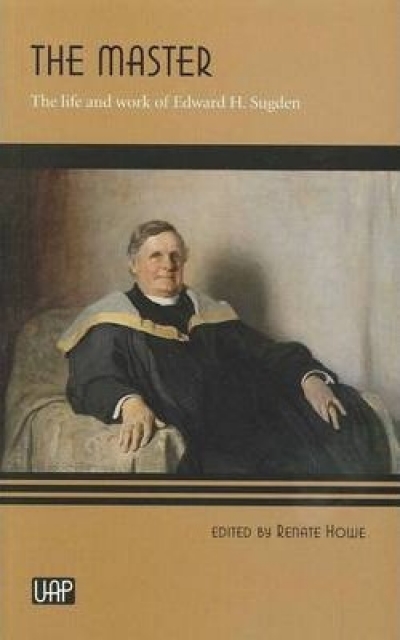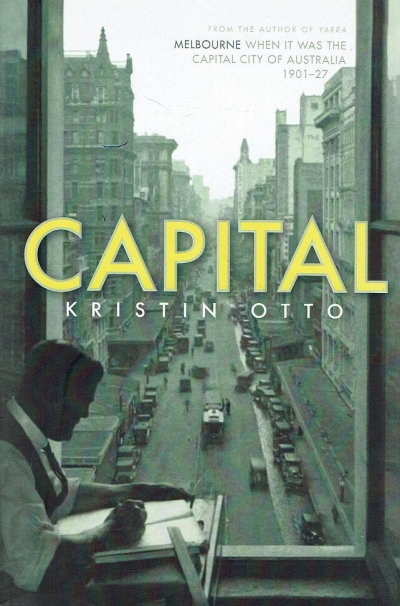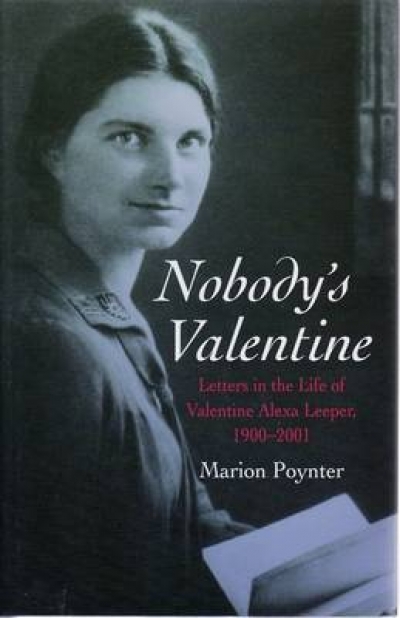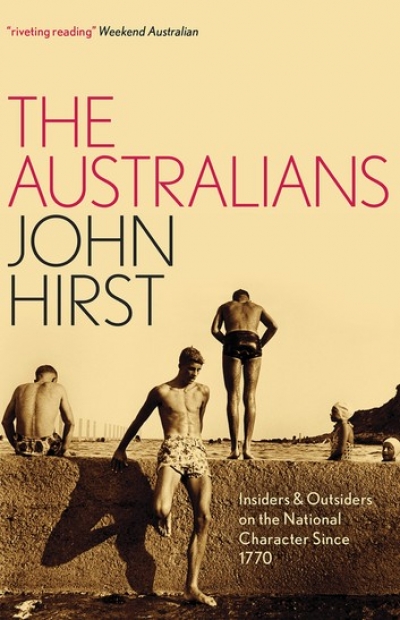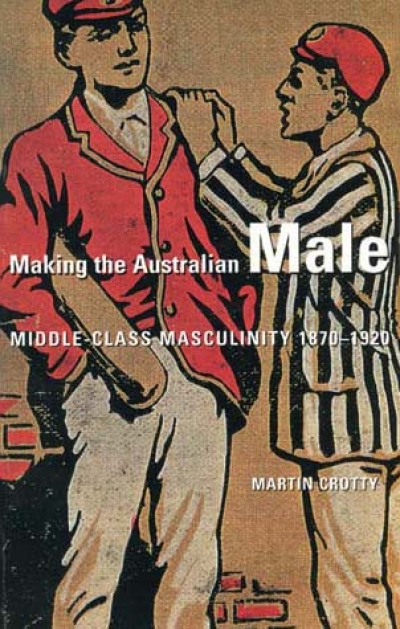John Rickard
The Master: The life and work of Edward H. Sugden edited by Renate Howe
by John Rickard •
Capital: Melbourne when it was the capital city of Australia 1901–1927 by Kristin Otto
by John Rickard •
Nobody’s Valentine: Letters in the life of Valentine Alexa Leeper 1900–2001 by Marion Poynter
by John Rickard •
The Australians: Insiders and outsiders on the national character since 1770 edited by John Hirst
by John Rickard •

